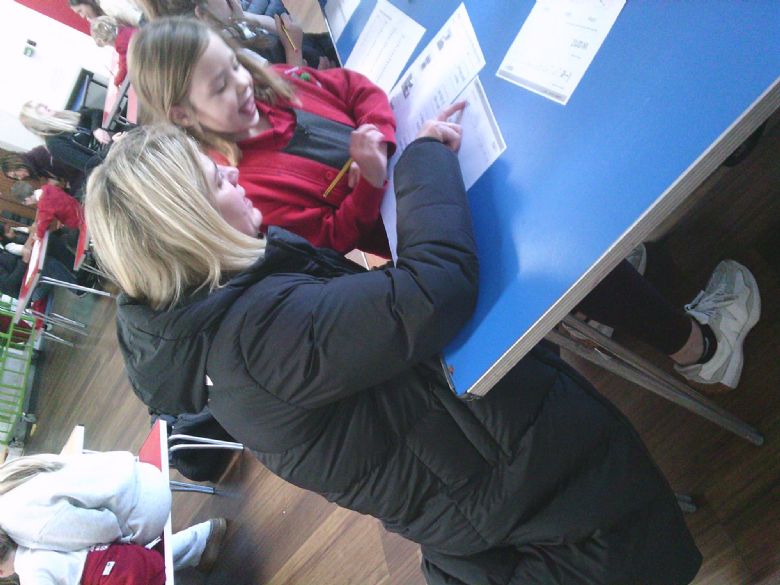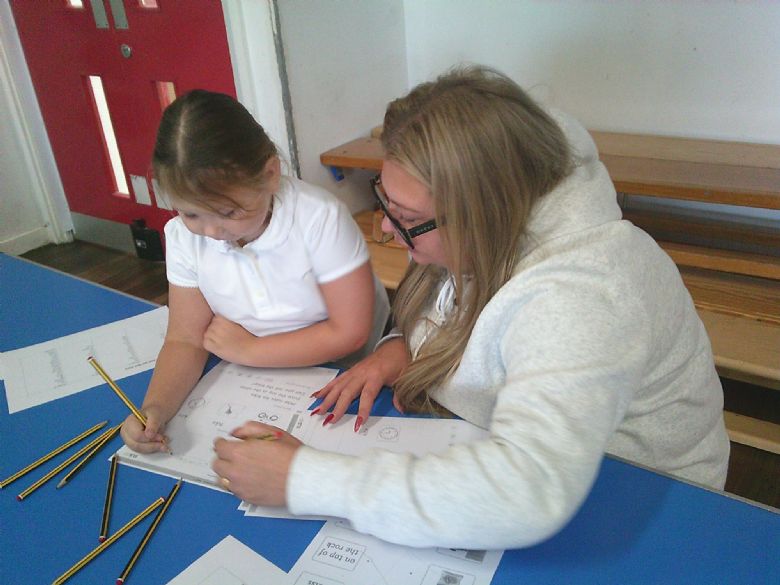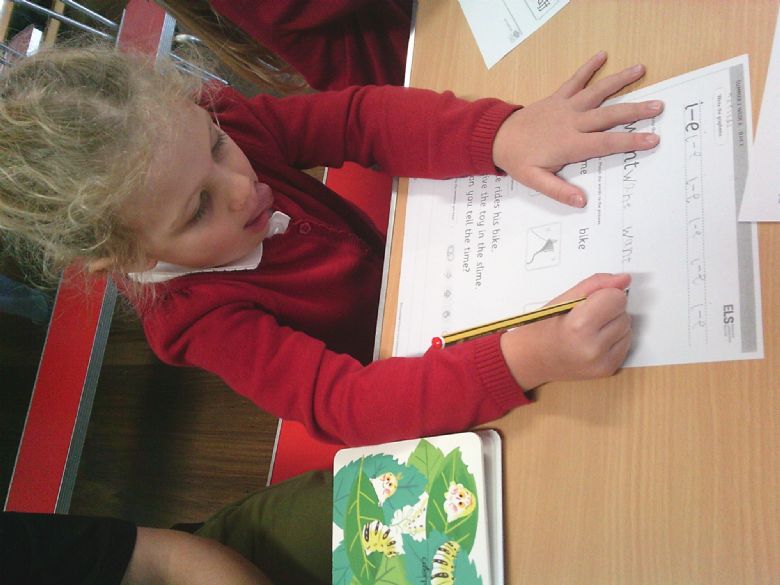General Introduction
Welcome to our dedicated phonics page. At Miers Court school we are proud to follow the Essential Letters and Sounds (ELS) programme to support our children in becoming confident, fluent readers and writers. ELS is a systematic, synthetic phonics approach that ensures all pupils develop strong foundations in early reading through consistent, high-quality teaching. By following a carefully structured progression, children learn to connect letters and sounds, build their decoding skills, and develop a lifelong love of reading. Through daily lessons, high quality resources and regular practise, we aim to help every child succeed in their literacy journey.
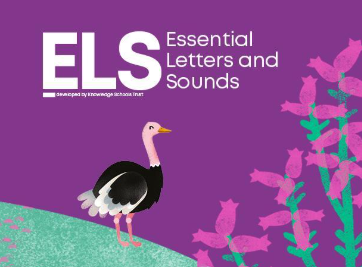
Workshops
Each term we offer a workshop to parents in EYFS and Year 1. Through these workshops, we aim to build school / home relationships and support our parents in building their own phonics knowledge, so that they are better equipped to help their child on their phonics journey. Workshops are planned according to parents' feedback so that we can accommodate the needs of each cohort.
Term 1
We invite all parents/carers into school for a "Welcome to Year 1 Phonics" workshop. This is an opportunity to meet parents, share important information about ELS and answer any questions.
Term 2
Y1 parents and carers are invited into school to take part in a phonics lesson with their child. This session is always well attended and really effective in allowing parents/carers to develop their subject knowledge – so that they can support their child better at home.
Term 3
EYFS parents and carers are invited into school to take part in a phonics lesson with their child. It is a valuable opportunity to see how we teach phonics and develop a clearer understanding of how we teach early reading.
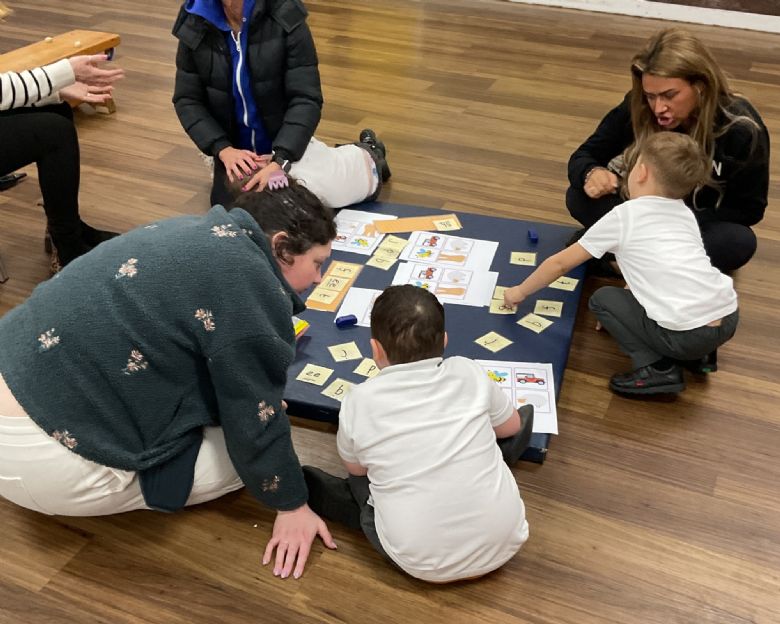
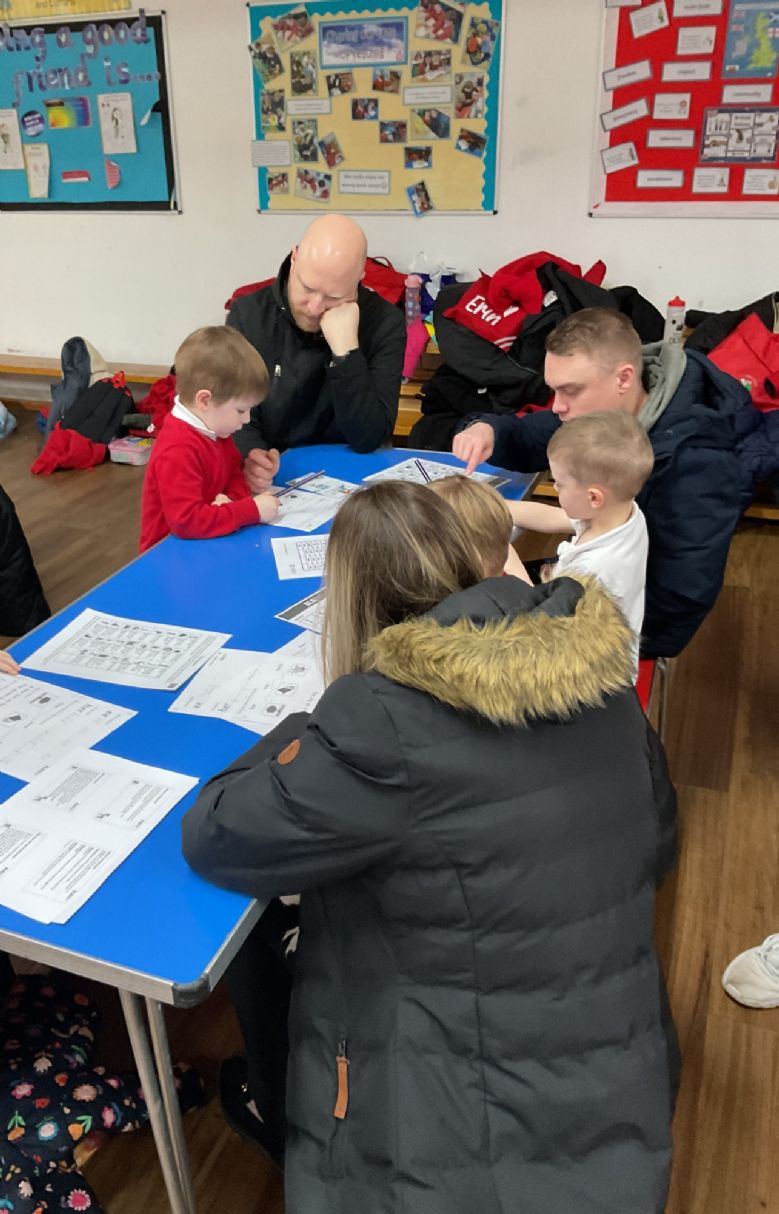
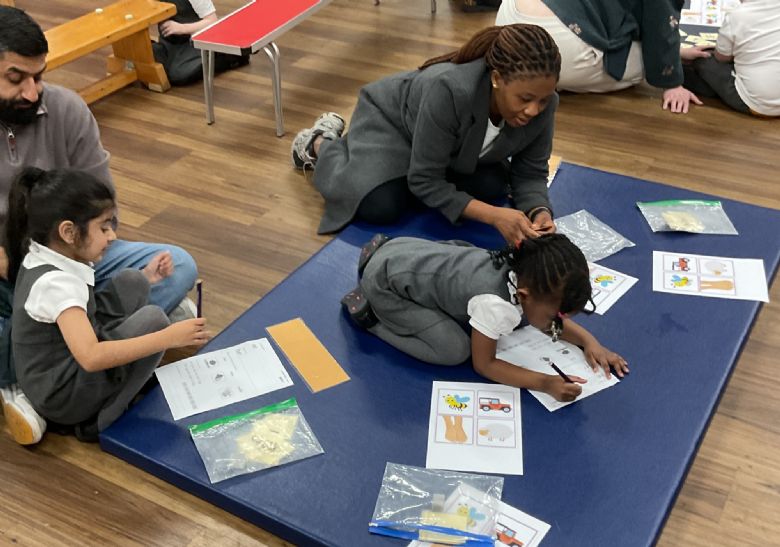
Resources to support
Hard to Read and Spell Words
As part of our ELS programme, children are expected to learn to read and spell a collection of Hard To Read and Spell words (HRS words). These words are words that are used frequently but can not be decoded using phonics.
Sound Mats
Sound mats are used to support children as they learn to read and spell. A phoneme mat (sound mat) shows all the sounds (phonemes) the children have been taught. These mats are an excellent tool for helping children to remember and apply their phonics knowledge during both reading and writing activities. We use sound mats every day at school and encourage parents to use the mats at home too to reinforce learning. Additionally, we use a sequence to support spelling. Before attempting to spell a word, we follow the sequence below.
1)We ask the children to say the word.
2) Stretch the word (say it slowly).
3)Segment the phonemes using robot hands.
4) Blend the phonemes using blending hands.
5) Count the phonemes.
6) Say the word again.

Handwriting
ELS supports the children as they learn to form their letters correctly, whilst learning what sounds they represent. This helps them make strong links between reading and writing. Each letter is introduced using clear guidance on how it is formed, using phrases (mnemonics) and visual cues to support correct pencil grip and movement. Consistent practise of accurate letter formation helps develop neat, fluent handwriting.
Pronunciation Videos
Click on the videos below to see how to correctly pronounce each phoneme.
Phase 2 Sounds
Phase 3 Sounds
Phase 5 Sounds
Cued Articulation
These are the Cued Articulation actions we use alongside teaching each new sound in YR and KS1. These actions support the correct formation of each sound and they also provide a kinaesthetic approach for the children, to assist with memory recall.
Phonics Made Fun
Information coming soon!
Phonics SEND
Information coming soon!


